Georgina Polius is in her second year of BA Sociology and Anthropology in the Faculty of Health and Social Sciences, and is one of the students who has decided to participate in this year’s upcoming Showcasing Undergraduate Research Excellence (SURE) conference.
Georgina was encouraged to apply by her lecturer, Dr Rosie Read, who informed the entire class to participate in the SURE conference. “Initially, the word abstract scared me a bit because I would have to condense my work into a few lines but after further discussion with my family, I decided to go for it.”
Her assignment research looks at the underlying problem of food poverty within modern British society which was carried out within a foodbank in Bournemouth, working among the volunteers. “Having grown up in a volunteering culture, it has become for me a way of life,” says Georgina. “More specifically, my interest in the foodbank area was sparked by one of my course units I studied last semester where we were sent into the Bournemouth foodbanks to research the personal reasons behind the seemingly household phenomenon of volunteering.”
“I do believe that SURE is a good way to showcase our work as we, as students, have been given the opportunity for various academics and other students to see our work and receive unbiased feedback, which will help us to improve for the future. It also gives us a place to highlight real world issues.”
“I hope to use this exposure from SURE to improve my self-confidence and assertiveness in public speaking which would be an asset to me as I continue with my university studies and eventually into the world of research,” she says. “Most students would perhaps only get to publish their work or experience this type of exposure if they continued to a Master’s programme.”
The Showcasing Undergraduate Research Excellence conference will taking place on 7 March 2018. Many undergraduate students from across the university will be presenting their research throughout the conference in a variety of different ways, from presentations to posters and art installations. Please register via the Eventbrite page if you would like to attend.
For more details, visit the SURE website or email the SURE team.
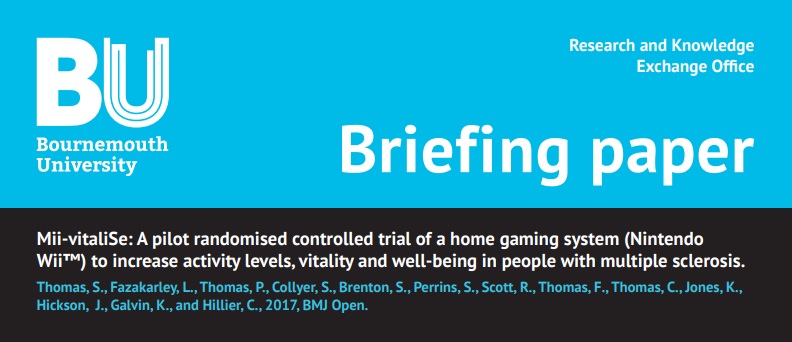 Our BU briefing papers are designed to make our research outputs accessible and easily digestible so that our research findings can quickly be applied – whether to society, culture, public policy, services, the environment or to improve quality of life. They have been created to highlight research findings and their potential impact within their field.
Our BU briefing papers are designed to make our research outputs accessible and easily digestible so that our research findings can quickly be applied – whether to society, culture, public policy, services, the environment or to improve quality of life. They have been created to highlight research findings and their potential impact within their field.  It’s been over 18 month since Bournemouth University launched its new
It’s been over 18 month since Bournemouth University launched its new 
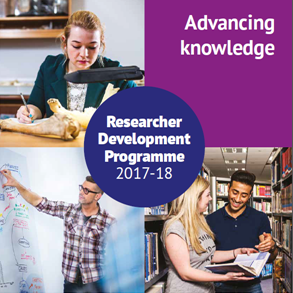
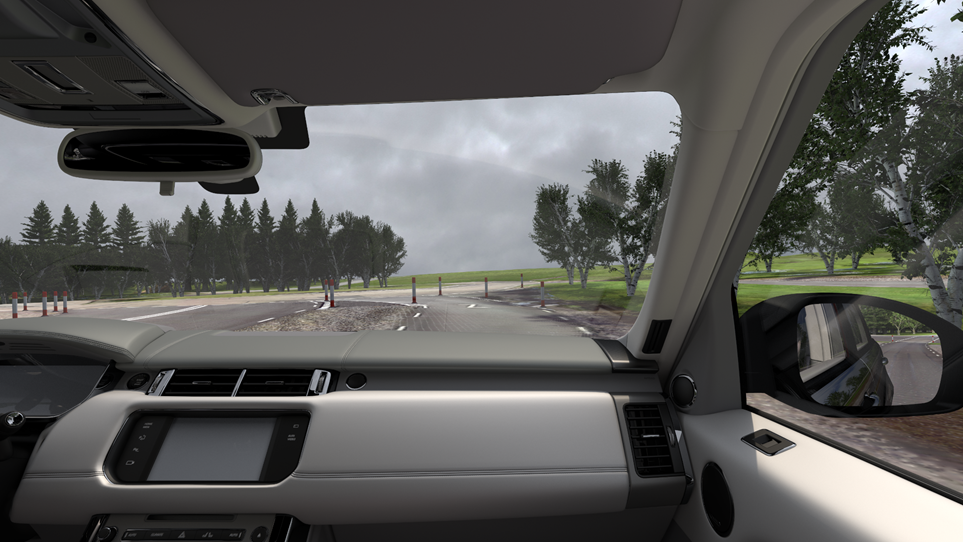

 The Catapult centres are a network of world-leading centres designed to help transform the UK’s capability for innovation in specific areas and drive future economic growth. To find out more, please visit this
The Catapult centres are a network of world-leading centres designed to help transform the UK’s capability for innovation in specific areas and drive future economic growth. To find out more, please visit this 
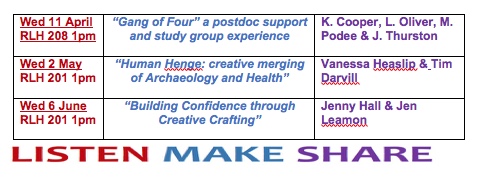
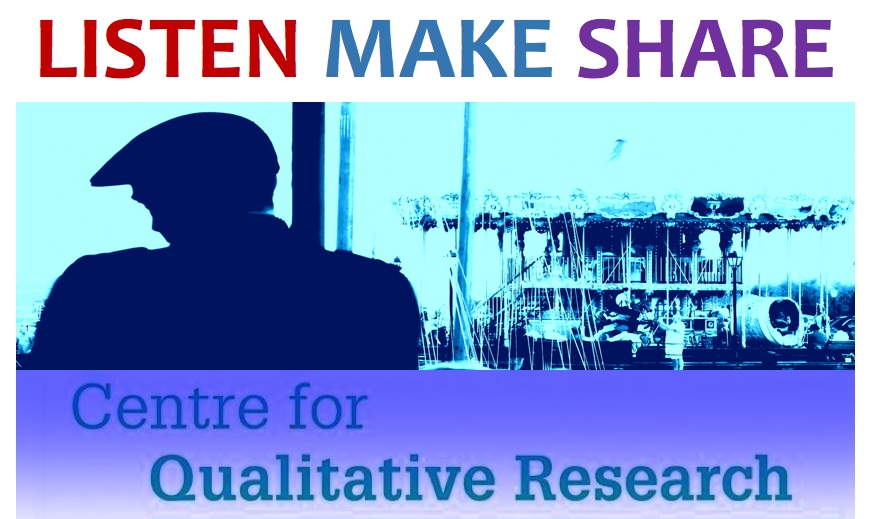
 The scheme to invest in research capacity for externally-funded projects with prestigious research funders was launched in August 2017 and has been revised in February 2018. The revised policy document can be found
The scheme to invest in research capacity for externally-funded projects with prestigious research funders was launched in August 2017 and has been revised in February 2018. The revised policy document can be found 

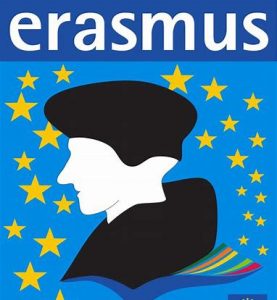
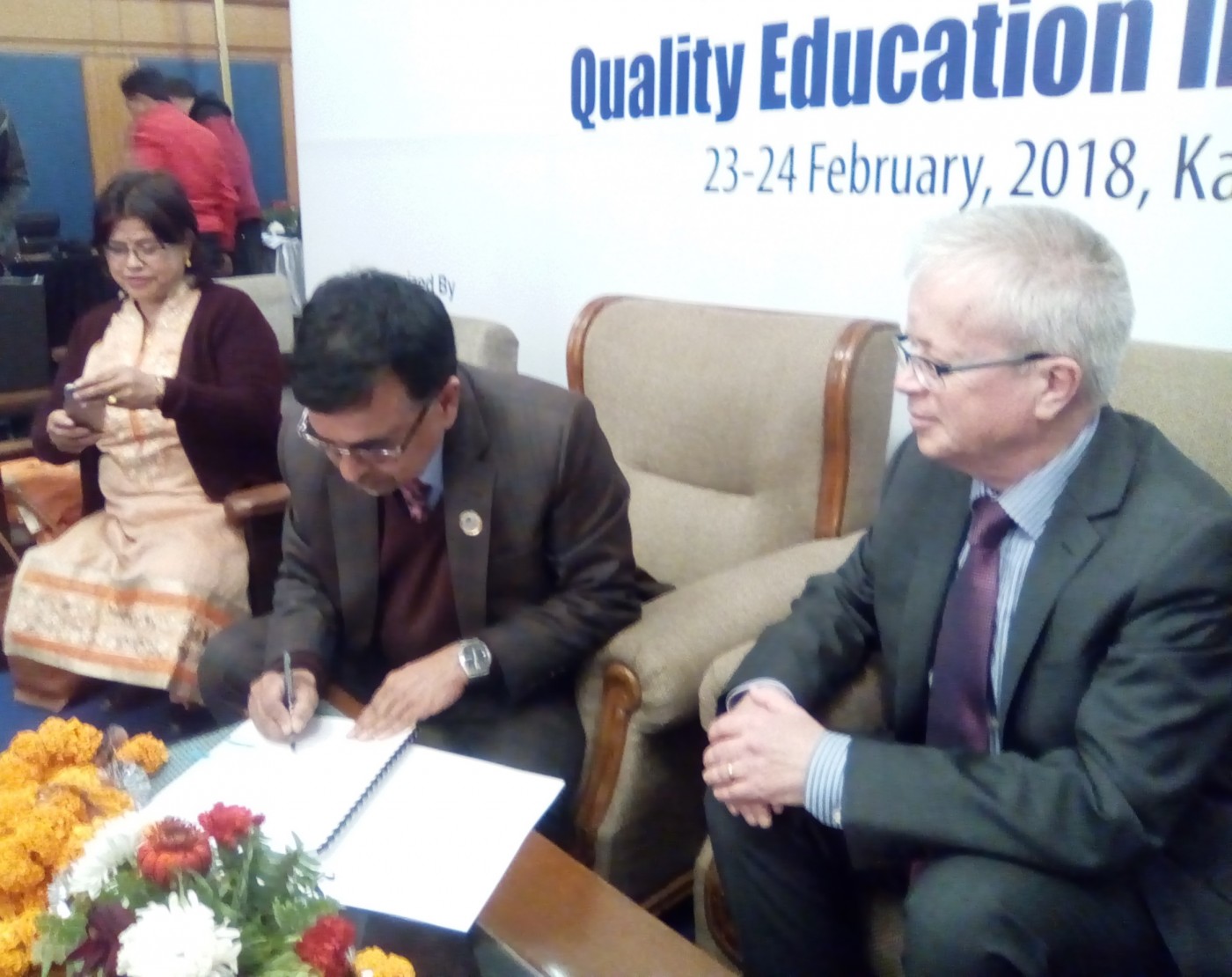


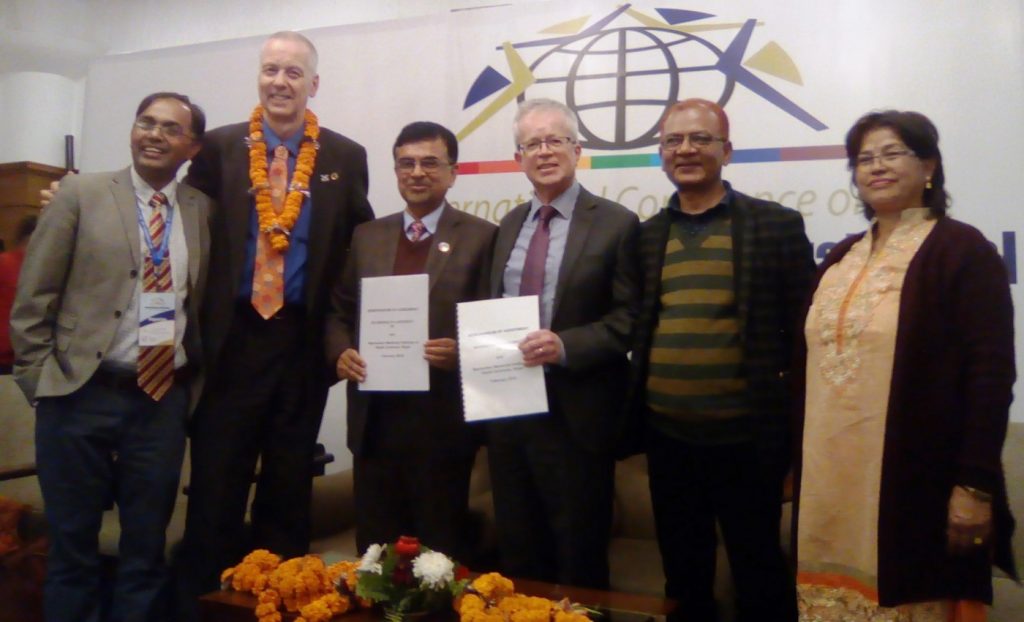











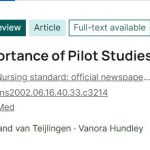 Paper with 160,000 reads
Paper with 160,000 reads The Month in Research: April 2024
The Month in Research: April 2024 BU Professor has been invited to a series of plenary and invited lectures.
BU Professor has been invited to a series of plenary and invited lectures. Research reaching non-academic audiences
Research reaching non-academic audiences April’s Café Scientifique – Should we help machines understand and respond to our emotions?
April’s Café Scientifique – Should we help machines understand and respond to our emotions? Apply for up to £1,000 to deliver an event and take part in a national festival of public engagement with research
Apply for up to £1,000 to deliver an event and take part in a national festival of public engagement with research MSCA Postdoctoral Fellowships 2024
MSCA Postdoctoral Fellowships 2024 Horizon Europe News – December 2023
Horizon Europe News – December 2023